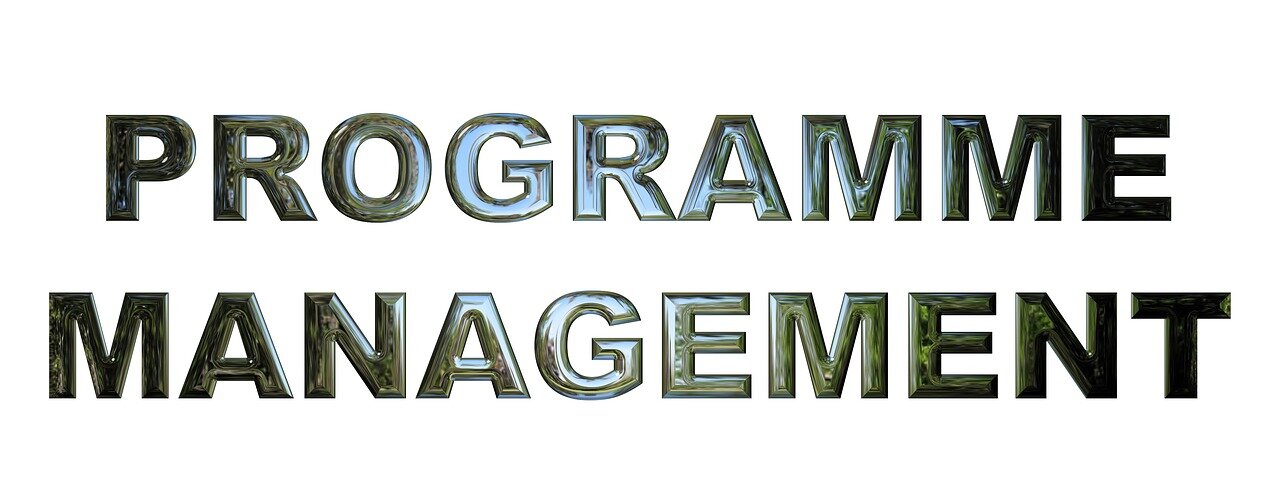This is the second part of my own career path in the TalkPlant Post-PhD Career blog series. In the first part, I wrote about my previous role as a Research Programme Manager at the National Institute for Health Research. Here, I write about my role in science policy.
Senior Funding Policy Manager at UK Research and Innovation
My 12-month contract at NIHR ended in June 2017, and I have been in UK Research and Innovation (UKRI) ever since. UKRI is the UK’s largest public funder of science, research and innovation. It encompasses seven research councils covering all research disciplines, as well as the national innovation agency and higher education funding body that supports research infrastructure.
In my role as the Senior Funding Policy Manager, I lead on the development of several policies that directly affect UKRI’s grant funding across all UKRI bodies. Some broad areas of funding policy include peer review or expert review, funding impact, open access, research culture, and many more. Some of the big research policy and strategy questions that my UKRI colleagues and I consider include:
- What’s the best way to assess grant applications to help us fund the best research and innovation?
- What is the effect of research and innovation funding? How to achieve maximum impact with funding?
- How do we ensure that outputs of research (like research papers) are widely available to everyone?
- How to shift research cultures with effective policy? Examples include addressing the problem of equality and diversity (or lack of), bullying and harassment, or moving away from the use of metrics like the journal impact factor to judge the quality of research.
My role is to identify any gaps in the current funding system and try to address and improve it. How do I do that? By listening to experts, analysing data and existing policies and suggesting the most effective intervention route to solve a problem.
Each policy is there to address existing or potential issues, and each problem is different, that requires a bespoke solution. It’s good practice to review policies every few years, which helps address the issues in the system. Research and Innovate funding is an ecosystem that’s full of intricate balances and nuances. As any real-world system, there isn’t a perfect, one-size-fits-all solution. In my opinion, a good policy considers as many angles as possible and takes these things into account to come up with a balance.
Does this sound familiar? It’s likely to be what you have been doing in your PhD.
I’m still new to the world of science policy, but my experience in academia has been hugely beneficial for me. Having experience in a higher education institution working environment, I am aware of some the ground-level problems, which has helped me immensely in this role.
My analytic and critical thinking ability, which I gained in academia helps me analyse policies and weigh the pros and cons to come up with a solution. Likewise, grasping new complex concepts are all learnt in academia, which is extremely helpful in the world of policymaking.
In my role, I consider these various policy options and make a recommendation to a governing board or a committee, which then considers the “policy paper”, and the board/committee reviews the policy proposed in the policy paper to either approve, reject or suggest improvements. This process is a bit similar to research paper submission and peer review. The feeling of getting a policy paper accepted is every bit as exciting and enthralling as publishing an article in a peer-reviewed journal.
Lessons from working in policy
I’ve learnt loads of things in this job, such as managing and navigating through a complicated situation. Dealing with difficult stakeholders, effective delegation, managing workloads, people management and line management skills are some of the skill sets that I’ve gained due to my role — I also acknowledge that I still have loads to learn.
UKRI takes professional development and welfare of its employees very seriously, so they sent me on a year-long management course. This course was a great experience for me to get a fundamental understanding of self and people management along with learning about several tools and skills to approach different difficult situations. With all these things, I feel like I know myself better as I’ve encountered a range of people and situations, which I probably wouldn’t be in if I was still in academia.
One great benefits of a job in research is having the flexibility to manage your own time. I always thought that the daily 9–5 routines would be boring, which is what I’ve become now. I was wrong.
Have I mentioned that I rarely work more than 40 hours a week? I also work from home for two out of five days a week*. Oh, and my working hours are flexible, too. And, if I work more than my contracted hours, I take time off in lieu. In terms of flexible working, my current job has better benefits than working in the lab, where I would routinely go into the lab or greenhouses at the weekend to culture bacteria or water my plants.
*(I worked 2/5 days from home before the lockdown due to COVID-19 pandemic, of course, I work full-time from home right now.)
And finally, I joined academia because I love solving problems, so there was a void when I left. I thought that I wouldn’t enjoy anything else as much as science, where no two days are different, and I was constantly trying to solve various issues. But, like my time in research, in the world of policy, I get to solve different problems every day, too. And every question that I deal with has a massive impact on the world of UK science and research. If you’re also looking to change the world of research away from academia, then science policy could be a career for you.
I also work with incredibly smart individuals, who push my knowledge limits every day and encourage creativity. It’s fair to say that I’ve filled the intellectual void that I felt when I left science. Ironically, working from a computer in the office now, I have much more impact on science than I ever had when I worked on the lab bench. And I love it!



Leave a Reply